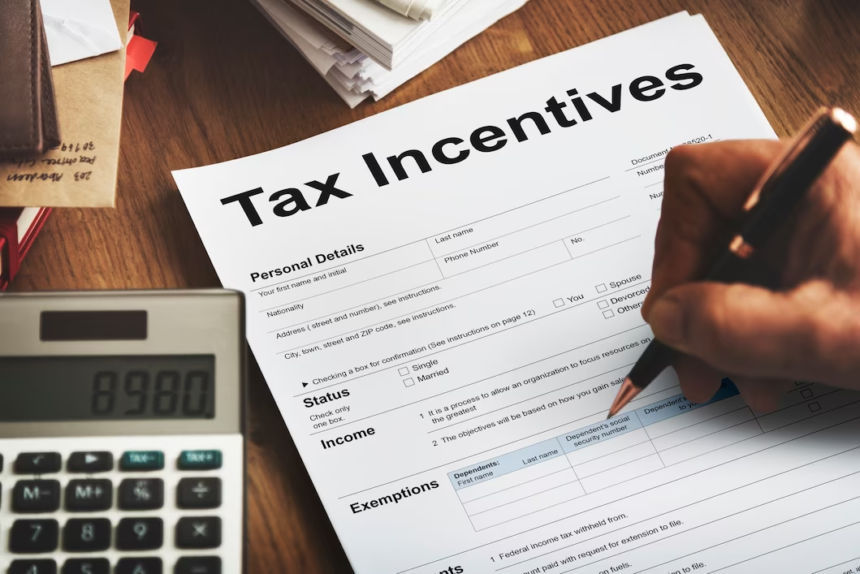Title: Saving on Taxes: Tips for Filing and Maximizing Refunds
Introduction: Taxes are an essential part of our financial responsibilities, but they can often feel overwhelming and burdensome. However, with proper planning and knowledge, you can optimize your tax filing process and potentially increase your tax refunds. In this article, we will provide you with some valuable tips to help you save on taxes, file accurately, and maximize your refunds.
- Understand Tax Deductions and Credits: The first step to saving on taxes is to familiarize yourself with the available deductions and credits. Deductions reduce your taxable income, while credits directly reduce the amount of tax you owe. Research and identify deductions and credits that apply to your situation, such as education expenses, home office deductions, medical expenses, and energy-efficient home improvements. Taking advantage of these deductions and credits can significantly reduce your tax liability.
- Keep Track of Expenses: Maintain thorough records of your expenses throughout the year. This includes receipts, invoices, and any other supporting documents related to deductions and credits. By organizing your financial records, you ensure that you don’t miss out on eligible deductions when it’s time to file your taxes. Use digital tools or apps to track expenses conveniently and efficiently.
- Maximize Retirement Contributions: Contributing to retirement accounts, such as an employer-sponsored 401(k) or an individual retirement account (IRA), not only helps secure your financial future but also offers tax advantages. Contributions to these accounts are often tax-deductible or may provide tax-free growth. By maximizing your retirement contributions, you can reduce your taxable income and potentially increase your tax refund.
- Consider Itemizing Deductions: When filing your taxes, you have the option to either take the standard deduction or itemize deductions. Itemizing deductions allows you to claim specific expenses, such as mortgage interest, property taxes, charitable contributions, and medical expenses, which may result in a higher deduction than the standard amount. Evaluate your eligible expenses and compare the potential benefits of itemizing versus taking the standard deduction to determine the best approach for your situation.
- Explore Tax-Free Investments: Certain investment options offer tax advantages, such as municipal bonds or tax-free savings accounts (TFSA). Municipal bonds provide interest income that is typically exempt from federal taxes and sometimes state and local taxes. TFSA contributions are made with after-tax money, but the investment growth and withdrawals are tax-free. Consult with a financial advisor to explore tax-efficient investment opportunities that align with your financial goals.
- Plan Charitable Contributions: Charitable contributions not only support causes you care about but can also result in tax deductions. Strategically plan your charitable giving by making contributions before the end of the tax year to claim them on your tax return. Keep proper documentation, such as donation receipts, to substantiate your contributions.
- Consult with a Tax Professional: When it comes to navigating the complexities of tax laws, seeking the assistance of a qualified tax professional can be highly beneficial. Tax professionals have the expertise to identify potential deductions and credits you may have overlooked. They can also help ensure accurate and timely filing while maximizing your tax refunds.
- Stay Informed: Tax laws and regulations change regularly, so it’s essential to stay informed about any updates that may impact your tax situation. Subscribe to reputable tax-related newsletters, follow reliable financial publications, or attend tax seminars to stay up to date with current tax laws and strategies.
Conclusion: By understanding tax deductions and credits, maintaining proper expense records, maximizing retirement contributions, and considering itemizing deductions, you can save money on taxes and potentially increase your tax refunds. Remember to consult with a tax professional, stay informed about tax law changes, and make informed financial decisions throughout the year. With careful planning and attention to detail, you can optimize your tax filing process and achieve significant savings.










